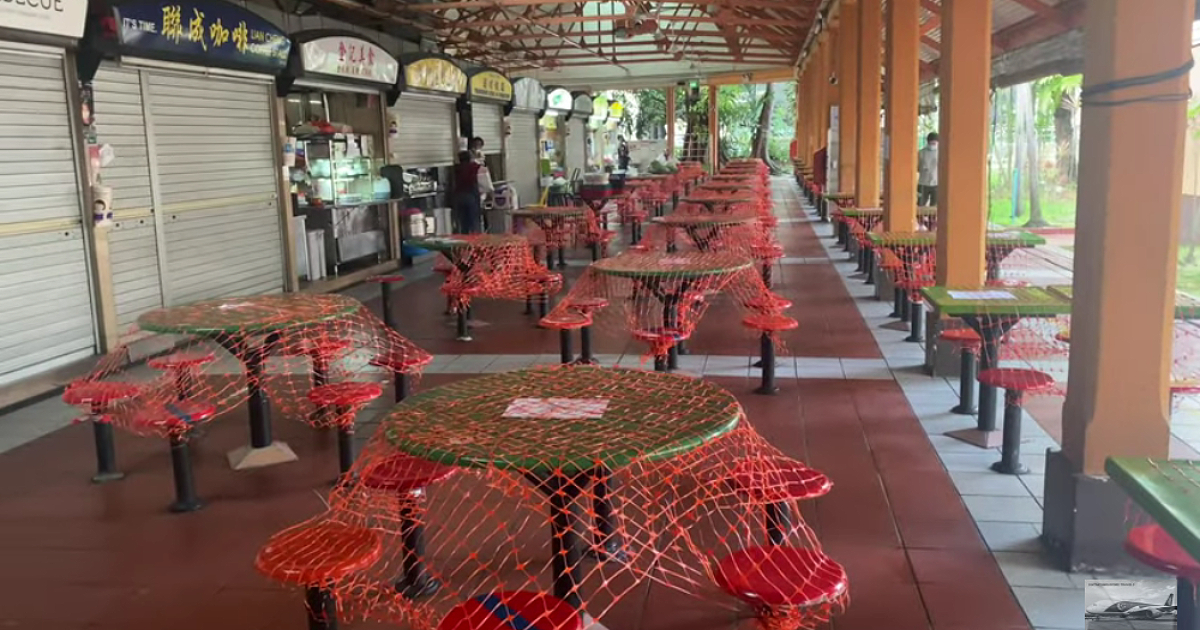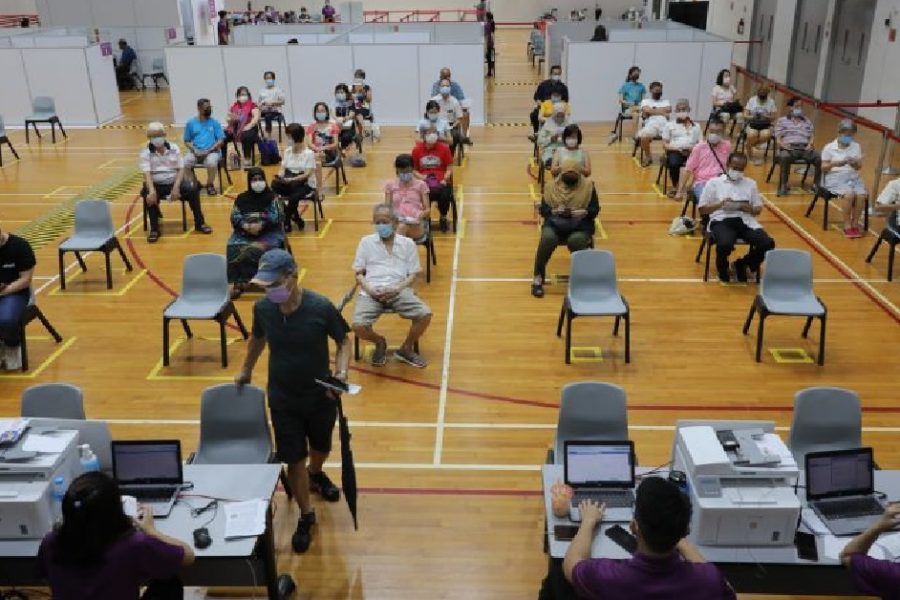Since 7 April, dine-in has been suspended and only takeaways are allowed at F&B outlets including hawker centres. Other than essential services, shops are closed and work-from-home is the default. As a result, there is significantly lower footfall outside as most people stay at home.
For hawkers, especially those in the CBD, business has been hard-hit since the circuit breaker started. Even with rental waivers, it is a struggle to make ends meet. To cut costs, some hawkers have decided to shut their stalls during this time due to poor business.
High Cost of Delivery Platforms
While food delivery platforms are an option for hawkers to make their fare available to a potentially wider audience, many are worried that the cost of using these platforms would eat into their profit margins when they are already not making much. Commission can be as high as 30% of the order.
Another concern is that the delivery cost does not make sense to customers who would rather pay the additional fee for more expensive food, say from a restaurant. The marked up price may also turn away customers who expect hawker food to be affordable.
While NEA is giving a one-off $500 grant to get hawkers onboard delivery platforms, it is unlikely to be sustainable. The increase in delivery orders also may not make up for the loss of revenue from walk-in crowd.
The main problem of the delivery platforms is the high commission rates which if not addressed would make any effort to get hawkers to adopt delivery platforms futile. The government could have partnered with the community to initiate an integrated delivery app that takes advantage of volume of orders across different stalls to reduce the delivery cost.
Older Hawkers Left Behind
While some hawkers are able to go digital, there are others who may be left behind. Elderly hawkers who are less tech-savvy will find it difficult to cope with delivery platform apps. Some may also choose not to go with delivery platforms due to reasons of viability.
Other than pushing hawkers to delivery platforms, can more be done to support hawkers during these tough times?
If our hawker culture is to be recognised as a UNESCO world heritage, the government should do all it can and implement flexible measures to protect these hawkers at risk of folding their businesses.





